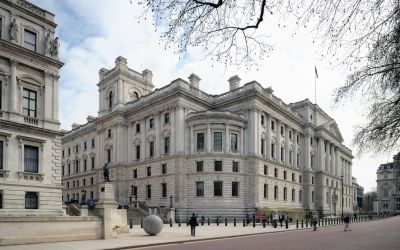US will honour Paris climate deal even with Republican president
Barack Obama's successor as US president will not scrap the Paris climate deal, even if it is a Republican, according to Climate Change envoy Todd Stern

Barack Obama's successor as US president will not scrap the Paris climate deal, even if it is a Republican, according to climate envoy Todd Stern.
There is concern that a Republican dominated White House and Congress could lead to the US withdrawing its support for the Paris Agreement after this year’s Presidential election.
Stern said on Tuesday that the US would be unlikely to scrap the climate deal as it would have significant diplomatic implications.
Stern was in Brussels to discuss follow-up action to the Paris summit with European Climate and Energy Commissioner Miguel Arias Canete.
The US Supreme Court delayed Obama's Clean Power Plan last week pending legal reviews.
The Clean Power Plan, which is designed to curb greenhouse gas emissions from coal-fired power plants, is the centre piece of the Obama administration’s environmental policy and the Supreme Court’s ruling has led to speculation the US could delay formal approval of the Paris Agreement.
The agreement was reached in December by 195 UN member states and an official signing ceremony is due to take place in April with 55 signatories needed to enact the deal.
Addressing reporters in the Belgian capital, Stern said: "It is entirely premature… to assume the Clean Power Plan will be struck down but, even if it were, come what may, we are sticking to our plan to sign, to join…We're going to go ahead and sign the agreement this year."
Former Republican President George W. Bush withdrew US support for the Kyoto Protocol, the predecessor to the Paris Agreement, after Bill Clinton's administration had signed it in 1997.
Stern said: "Paris was seen as such a landmark, hard-fought, hard-won deal that, for the US to turn round and say we will withdraw, that would inevitably give the country a kind of diplomatic black eye that I think a president of any party would be very loath to do."






